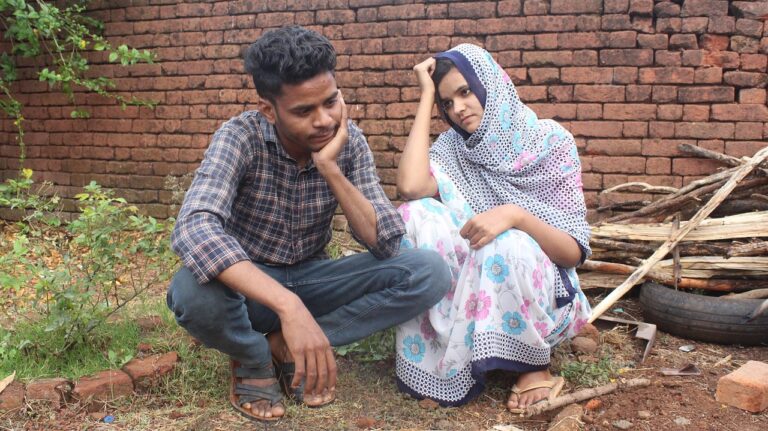The Role of Independent Fact-checking in Election Discourse
Ensuring the accuracy of election information is paramount in maintaining the integrity of democratic processes. In an era of fast-paced digital communication, the dissemination of false or misleading information can have far-reaching consequences on public opinion and decision-making. Citizens rely on accurate information to make informed choices when casting their votes, and any misinformation circulating during an election can undermine the trust in the electoral system.
Misleading information can sway public sentiment and influence the outcome of an election unjustly. Therefore, it is crucial for all stakeholders, including political candidates, media outlets, and social media platforms, to prioritize accuracy in all information shared during the election period. This requires a concerted effort from fact-checkers, journalists, and the general public to scrutinize and verify the information they encounter, safeguarding the democratic principles that underpin free and fair elections.
The Rise of Misinformation in Political Campaigns
Misinformation in political campaigns has become a widespread phenomenon in recent years, fueled by the rapid dissemination of information through digital platforms. False narratives, deceptive claims, and manipulated images easily spread across social media, often reaching a wide audience before fact-checkers can debunk them. This has had a detrimental impact on the democratic process, as voters may make decisions based on inaccurate or misleading information.
The rise of misinformation in political campaigns poses significant challenges to maintaining transparency and accountability in the electoral process. With the increasing prevalence of fake news and propaganda, it has become more difficult for voters to distinguish between genuine information and falsehoods. This has the potential to undermine public trust in institutions and sow seeds of doubt about the integrity of elections.
Challenges Faced by Fact-checkers in the Digital Age
Fact-checkers in the digital age encounter numerous obstacles that make their job more challenging than ever. One significant issue they face is the rapid spread of misinformation across various online platforms. With the rise of social media and the ease of sharing information, false claims can quickly gain traction and influence public opinion before fact-checkers have a chance to debunk them.
Moreover, fact-checkers often struggle to keep up with the sheer volume of information being disseminated online. The internet is a vast and constantly evolving landscape, making it difficult for fact-checkers to monitor and verify every piece of information in real-time. This overwhelming task is further compounded by the deliberate efforts of some individuals and groups to manipulate facts and spread misinformation for their own agendas.
Why is accuracy in election information important?
Accuracy in election information is crucial to ensuring that voters are well-informed and able to make informed decisions when casting their votes.
What is misinformation in political campaigns?
Misinformation in political campaigns refers to false or misleading information that is spread in order to deceive or manipulate voters.
What are some challenges faced by fact-checkers in the digital age?
Some challenges faced by fact-checkers in the digital age include the rapid spread of misinformation on social media platforms, the difficulty of verifying the accuracy of information online, and the constant need to keep up with new sources of misinformation.







